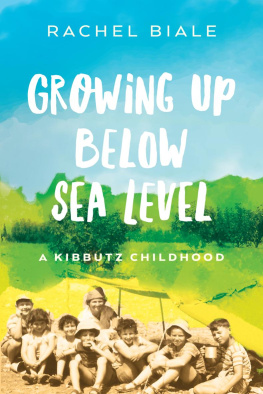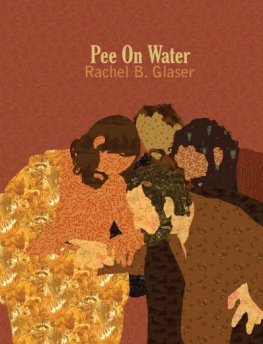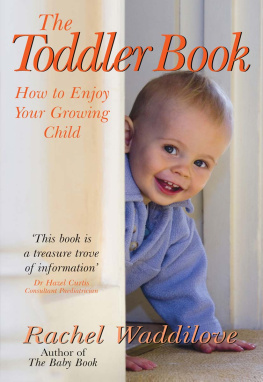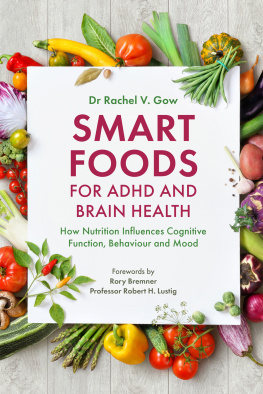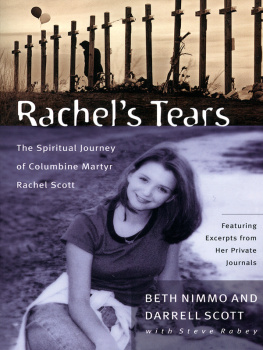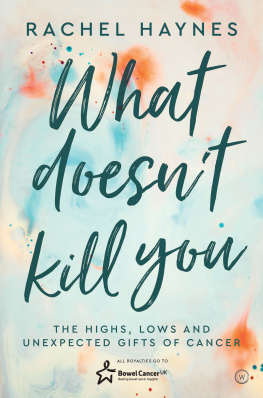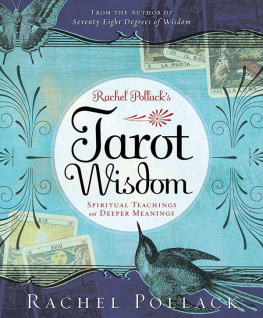Copyright 2020 by Rachel Biale
All rights reserved. No portion of this book may be reproduced in any form or by any means, including electronic storage and retrieval systems, except by explicit prior written permission of the publisher. Brief passages may be excerpted for review and critical purposes.
The paper used in this book meets the minimum requirements of ANSI/NISO Z39.48-1992 (R1997).

Cover design/illustration by Sophie Appel
Unless otherwise noted, the illustrations in this book are photographs from the authors family collections.
The Hungarians first appeared in Persimmon Tree: An Online Magazine of the Arts for Women Over Sixty, spring 2016, https://persimmontree.org/spring-2016/the-hungarians/.
Publishers Cataloging-in-Publication Data
Names: Biale, Rachel, author.
Title: Growing up below sea level : a kibbutz childhood / Rachel Biale.
Description: Simsbury, Connecticut : Mandel Vilar Press, [2020] | Includes bibliographical references.
Identifiers: ISBN 9781942134633 | ISBN 9781942134640 (ebook)
Subjects: LCSH: Biale, RachelChildhood and youth. | KibbutzimHistory20th century. | Jewish childrenIsraelBiography. | Jewish refugeesIsraelHistory20th century. | Communal livingIsraelHistory20th century. | IsraelSocial life and customs20th century. | LCGFT: Autobiographies.
Classification: LCC HX742.2.K4 B53 2020 (print) | LCC HX742.2.K4 (ebook) | DDC 307.776092 Bdc23
Printed in the United States of America
20 21 22 23 24 25 26 27 28 / 9 8 7 6 5 4 3 2 1
Mandel Vilar Press
19 Oxford Court, Simsbury, Connecticut 06070
www.americasforconservation.org | www.mvpublishers.org
PREFACE
T he summer following third grade, our class reached the coveted status of real workers. We were assigned to work in different branches of the kibbutz, not just in the childrens farm, where wed worked every weekday afternoon since first grade. I got one of the most prized spots: working with the dairy cows. Mostly I shadowed the grown-ups, spreading hay in the feed trough, shoveling cow patties, and washing udders with a high-pressure hose before the cows were harnessed to the milking machines. But one day something changed. Perhaps someone didnt show up for the afternoon shift, or the raftan (dairy worker) decided I was responsible beyond my years. Whatever it was, he told me to go out in the afternoon and bring the cows from the grazing pasture back to the milking parlor.
I walked out to the clover field, armed with a long stick and instructions on how to open and close gates in the proper order. I was assured the cows would, almost on the their own, navigate the road home.
Moo, the cow at the front of the herd bellowed.
Nu! I yelled right back, Yallah, go home! I added a nudge, poking her behind lightly with my stick. She started trudging forward. I led the way.
Part of me can still feel my glee as I marched at the head of the herd, opening one gate, then running to the back to close the previous one after the last cow had passed it, then to the front again. Another part easily conjures up the knots in my stomach: barely over four feet high and sixty pounds, I was followed by over a hundred cows, each nearly twice my height and weighing around 1,500 pounds.
I delivered them to the cowshed safely; not one had strayed off course. Now expansive pride replaced the cramps of anxiety. Soon fatigue spread through every layer of tissue. It felt wonderfula tiredness of great accomplishment and of real work. In my heart I still cherish that feeling today, but my head shakes, as if of its own accord: What were they thinking?
The same split animates my memories of how, as very young children, we took care of each other on our own in the childrens house with no adults in sight. But, as a mother and recent grandmother, I am flabbergasted. How could our parents have left us (at age four!) unsupervised from 8:00 to 10:00 every evening and from 4:00 to 6:00 every dawn? How did they tolerate knowing so little about what actually went on in our lives in the childrens house? How did young mothers agree to part from their newborns the day they came home from the hospital?
Utopian dreams, leavened with not-so-subtle ideological coercion, made it possible for our parents to raise us this way. Their escape from Europe played a part as well. The founders of the kibbutz (in 1938) had left Germany before the war, while most of the members fled Czechoslovakia after the Nazi occupation. They were the lucky few who escaped the Holocaust. They did not speak of it much, nor define themselves as survivors, because they had not been in the camps. But my parentsand many of their comradesdid survive a perilous journey from Prague to Palestine and then deportation and imprisonment. Their idealism was, undoubtedly, propelled by the quest for survival. This mix of idealism and necessity made it possible for our parents to create a world with a unique, collective childhood. Our own magical thinking as very young children made it joyous and rousing, at least for most of us.
Boosting our own ideological fervor was the admiring gaze of a whole country. Up until the late sixties, Israel held up the kibbutz movement as the pinnacle of its achievements. We were the best of the best, in our own eyes and in our countrymens. We may have been geographically 238 meters below sea level, but in spirit and values we believed we were on the mountaintop. We, kibbutzniks, had not just seen, but we had built and inhabited, the Promised Land.
This book is about my childhood on a kibbutz in the 1950s and 60s and about my parents ideals that brought them there in the 1940s. It begins with their extraordinary journey from Europe to prestate Israel. After escaping from Nazi-occupied Prague, barely surviving a boat trip on the Mediterranean, arriving at the shores of Palestine as illegal immigrants, and enduring exile and imprisonment in Mauritius (a remote island in the Indian Ocean), they finally reunited in 1946 and joined Kibbutz Kfar Ruppin.
Once you learn how my parents built their home in the land of their dreams, you can better appreciate my stories. They start with my early childhood, extend into my school age and teen years, and eventually lead to when, as a young adult, I left this warm nest. The stories are all based on real events. Details and conversations are mostly my creations, some recounted with embellishments, others imagined. All the big facts are accurate. All the small details are authentic to the time and my subjective experiences; they are not necessarily true to life, but they express the truths of my life.



